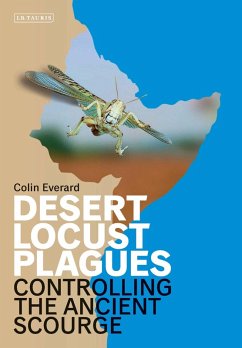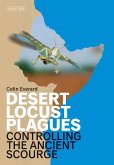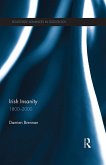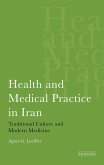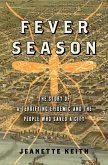For thousands of years, humans have found themselves vulnerable to plagues of desert locusts. Some fifty countries in Africa, the Middle East and Asia have been ravaged, at one time or another, by huge, devouring swarms of locusts. With the consequent, often total, destruction of crops and grazing, widespread hunger and starvation ensued. Colin Everard's book takes as its geographical focus the Horn of Africa, an area which throughout history has suffered catastrophically from locust plagues. Based on his own extensive experience in the region, Everard describes one of the greatest (albeit unsung) triumphs of the twentieth century, namely, how the desert locust scourge has, at last, been virtually brought under control.

